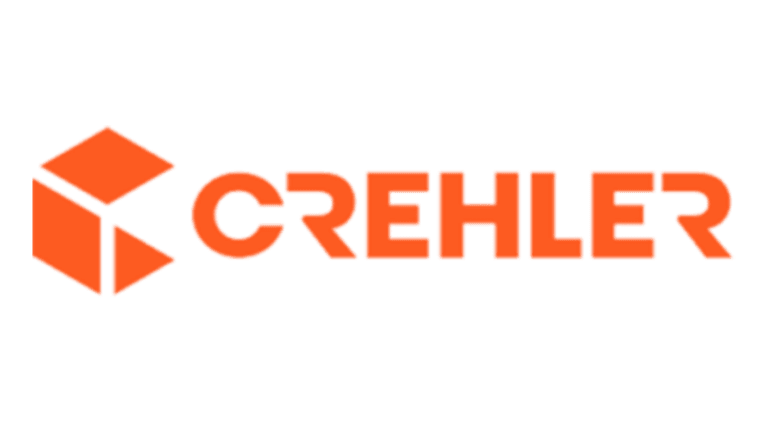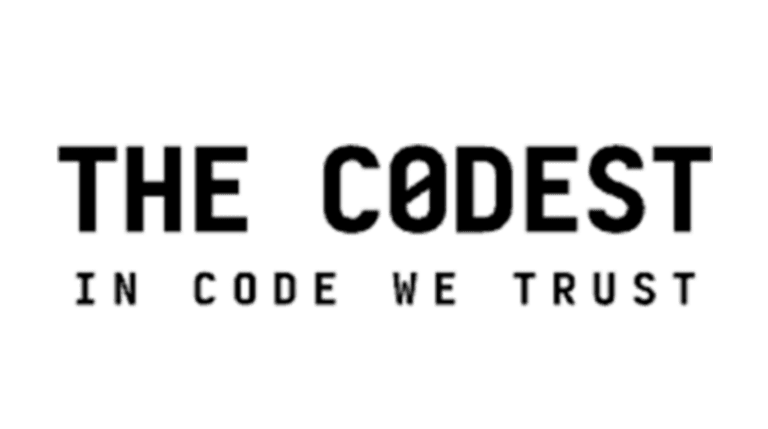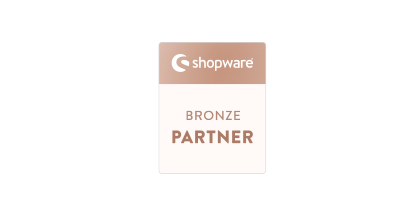At the heart of e-commerce lies the right engine. It powers your online store, drives sales, and shapes customer experience. Choosing the perfect platform can make or break your digital success. While Magento Open Source remains popular, it can be complex for some businesses. In this article we want to present a compelling Magento Open Source alternative – Shopware Community Edition. We will compare those platforms to help you find the perfect fit.
What is Magento Open Source?
Magento Open Source, previously known as Magento Community Edition is a well-known platform. It offers many features – from product management to marketing tools. What’s more, its open-source nature allows for customization. However, its complexity can be a hurdle for those without dedicated technical resources.
Magento Open Source: A recap
Magento Open Source comes with a suite of features, including e.g.:
- Integrated checkout, payments, and shipping
- Page search
- Built-in marketing automation capabilities, SEO optimization tools, WYSIWYG website builder
- Product catalog with features for variations, inventory tracking
Open-source nature and its benefits
Magento Open Source’s open-source nature offers several advantages:
- The open-source code allows for customization
- Magento Open Source is free to download and use, eliminating licensing fees
- A large and active community of developers and users. They provide ongoing support and contribute to the platform’s development.
Potential drawbacks to consider
Despite its strengths, Magento Open Source also presents some potential drawbacks:
- The platform’s complexity can be challenging for businesses without technical expertise.
- Setting up and managing a Magento Open Source store may require developer involvement.
- While the core platform is free, additional functionalities or extensions may incur costs.
Shopware Community Edition: Possible Magento alternative
Shopware Community Edition steps in as an accessible alternative for Magento. It is a user-friendly and open-source e-commerce platform.
Its intuitive interface and built-in functionalities make it a strong alternative to platforms with steeper learning curves.
Shopware CE feature overview
Shopware CE offers a robust set of features, including:
- Content management & design:
- Visual page builder for easy and intuitive store layout creation
- Media manager for efficient image and file management
- Default theme with customization options
- Workflow & automation:
- Roles and permissions for user access control
- Rule builder and flow builder for automated workflows and tasks
- Support:
- Active community support via Slack and Stackoverflow
- Customer Experience & Marketing:
- Customer groups for targeted promotions and pricing
- Built-in marketing tools for promotions, discounts, and SEO optimization
- Basic search, filter, and sorting options
- Cross-selling and product reviews
- Inventory & Order Management:
- Support for physical and digital products with variants and dynamic groups
- Efficient order management with admin order functionalities
- Internationalization:
- Multi-language and currency support for global sales
- Other:
- Import/export capabilities for data migration
Potential drawbacks of Shopware CE
While Shopware CE offers a robust feature set, it’s important to consider potential drawbacks:
- Limited built-in features compared to paid Shopware editions
Some advanced functionalities might require paid add-ons. - Smaller community compared to Magento
The Shopware community is rapidly growing but still smaller than Magento’s.
Head-to-head comparison: Magento Open Source vs. Shopware CE
| Feature | Magento Open Source | Shopware CE |
| Ease of Use & Learning Curve | Steeper learning curve, requires technical expertise | User-friendly interface, intuitive backend management |
| Feature Set & Functionalities | Extensive features, highly customizable | A steeper learning curve, requires technical expertise |
| Scalability & Performance | Highly scalable, designed for large enterprises | Scalable and flexible, adapts to business growth |
| Security & Updates | Regular security updates, strong community support | Regular updates, focus on security and performance |
| Community & Support | Large and active community, extensive developer resources | Growing community, active development ecosystem |
Choosing the right platform
Which is the best platform, depends on your specific needs and priorities.
For businesses prioritizing user-friendliness, strong marketing tools, and cost-effectiveness, Shopware CE offers a compelling choice. On the other hand, if your business is looking for more advanced features and you’re okay with a bit of a learning curve, Magento Open Source could be the right fit for you.
Conclusion
Shopware CE could be a Magento Open Source alternative. Both platforms offer robust features and functionalities for building successful online stores. Ultimately, the best platform choice depends on your specific needs and technical capabilities. Carefully weigh the pros and cons of each platform, and align your decision with your long-term e-commerce goals.
GET IN TOUCH
Feel free to contact us for a personalized consultation
Let’s discuss your business needs and identify the perfect e-commerce platform for your journey.























